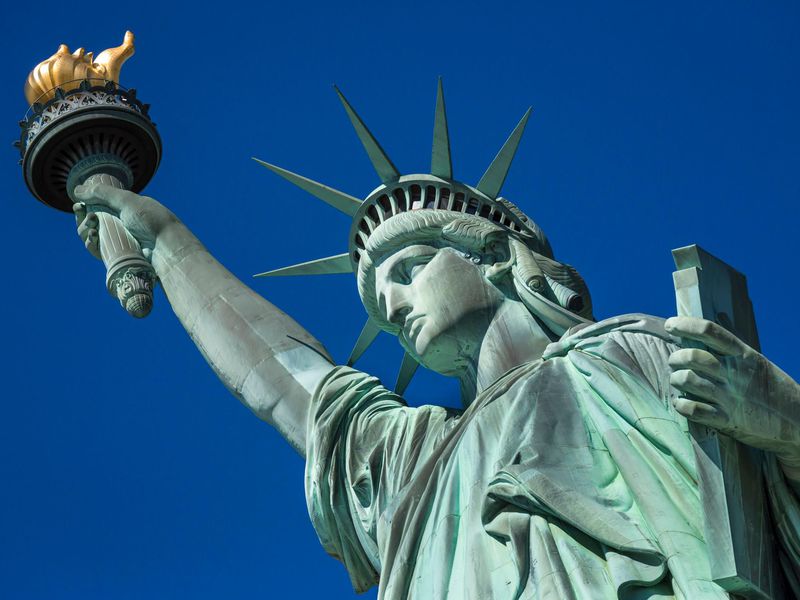Magazine, Holisticphysicianmd.com, By Dr. Leonard Sowah
The initial agricultural economy of the Americas was very much dependent on cheap labor. This was initially achieved with black African and white mostly Irish indentured servants. While white indentured servants eventually regained their freedom; over time captured African Slaves would provide a continuous supply of cheap labor for the development of the young nation.
The first Africans who arrived in the Virginia Colonies came on an English ship flying a Dutch flag in 1619. They were about 20 men and women who were forcibly captured from Angola and were subsequently forced into indentured servitude and slavery. They were conscripted to work for free but review of the documents of that day suggested that some did regain their freedom and were provided land to work for themselves.
Over time though, as the profits of the settlers grew they became more reluctant to relinquish the free services of their indentured servants. The initial system of indentured servitude was transitioned into chattel slavery. From the 1640s onwards several laws were enacted purposefully to maintain slavery and limit the economic station of negroes.
When the colonists enacted laws that enslaved the offspring of negro slaves a permanent black underclass was created. The development of this form of slavery and its associated racial discrimination effectively resolved the problem of cheap labor for the Cotton, Tobacco and Sugar industries that had developed to feed the needs of a rapidly growing Europe.
Though the numbers are difficult to verify, some experts believe that from 1525 to 1866, 12.5 million Africans were imported to the New World. Of these only 10.7 million survived the journey, with many dying during the Middle Passage. After the American War of Independence many colonists of the day saw clear parallels between British oppression of colonists and oppression of Black Slaves. These colonists started calling for Abolition. These calls were more vociferous in the Northern States whose manufacturing based economies was highly reliant on industrial machinery and did not require slave labor.










